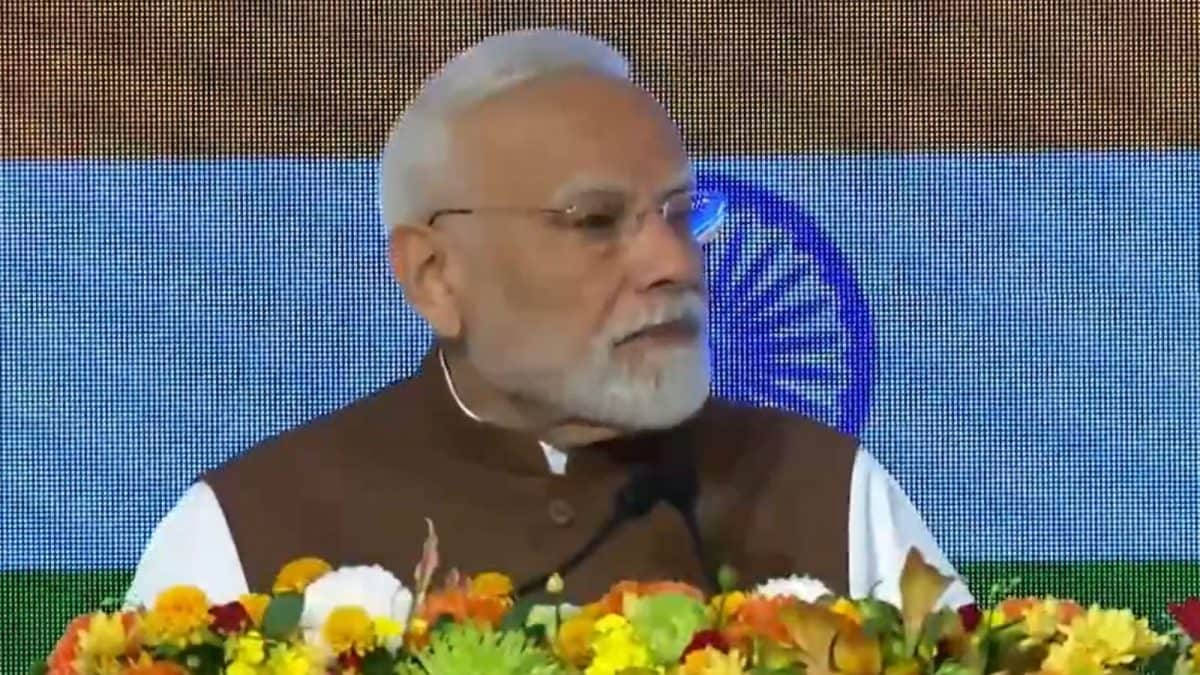Last Updated:August 01, 2025, 23:47 IST
Under the new EES framework, the biometric data of non-EU nationals be collected and stored for three years.

The EES will also benefit frequent travellers, including cross-border commuters
The European Union has announced a significant update to its border control procedures, with the introduction of a new digital Entry/Exit System (EES) set to launch on October 12. The system will gradually replace the traditional practice of passport stamping across the Schengen Area with modern biometric checks, including fingerprinting and facial recognition.
Under the new EES framework, the biometric data of the UK, US and non-EU nationals, such as fingerprints, facial images, and key travel details, will be collected and stored to streamline border crossings and enhance security. The system is designed to simplify travel between the 29 countries that currently make up the Schengen Zone, which includes 25 EU nations along with Iceland, Liechtenstein, Norway, and Switzerland.
According to a press release from the European Commission, member states will begin rolling out the system from mid-October, with full implementation expected within next six months. Once in place, travellers entering or exiting the EU’s external borders will be required to use self-service kiosks to scan their passports or travel documents. Unlike the current system, where border officials manually stamp passports, EES aims to automate and expedite the process. Registration will be free of charge.
The new digital entry system will register each traveller’s name, type of travel document, biometric data, and the date and location of entry and exit. This information will be stored in a central database for three years and used to monitor compliance with short-stay limits and detect overstays.
The EES will also benefit frequent travellers, including cross-border commuters, by reducing paperwork and wait times at borders. The move forms part of the EU’s wider strategy to strengthen security while embracing technological innovation in border management.
“By working closely with Member States and the transport sector, we are creating a secure, efficient, and travel-friendly framework that reflects Europe’s commitment to both security and technological innovation," said Henna Virkkunen, Executive Vice-President for Tech Sovereignty, Security and Democracy.
As reported by Euronews, the UK government has allocated nearly £3.5 million (€4.1 million) each to Eurostar, Eurotunnel, and the Port of Dover to assist with setting up the new registration kiosks ahead of the system’s rollout.
view commentsLocation :Brussels, Belgium
First Published:August 01, 2025, 23:47 IST
News world Schengen Visa to Go Digital? Here’s All You Need To Know For Next Trip To Europe
Disclaimer: Comments reflect users’ views, not News18’s. Please keep discussions respectful and constructive. Abusive, defamatory, or illegal comments will be removed. News18 may disable any comment at its discretion. By posting, you agree to our Terms of Use and Privacy Policy.
Read More

 3 weeks ago
3 weeks ago












